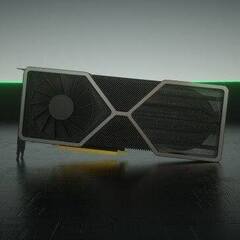Will an LSI card help me?
-
Topics
-
Arixl ·
Posted in New Builds and Planning1 -
Millios ·
Posted in New Builds and Planning8 -
torrtoise ·
Posted in Troubleshooting2 -
wxkin ·
Posted in New Builds and Planning3 -
Jacksonyoung ·
Posted in Troubleshooting2 -
Pandoroo ·
Posted in CPUs, Motherboards, and Memory2 -
4
-
13
-
remo233 ·
Posted in CPUs, Motherboards, and Memory4 -
RTX 3090 ·
Posted in Programs, Apps and Websites1
-
















Create an account or sign in to comment
You need to be a member in order to leave a comment
Create an account
Sign up for a new account in our community. It's easy!
Register a new accountSign in
Already have an account? Sign in here.
Sign In Now